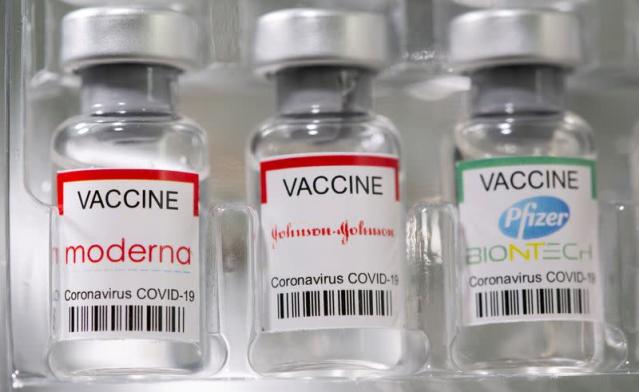The United States Food and Drug Administration (FDA) approved a third vaccine dose for immunocompromised persons last week. Officials from the Department of Health and Human Services have anticipated that less than 3% of the adult population in the United States will require boosters, but they have also stated that boosters may be required more generally in the future. Meanwhile, a vaccine shortage in the United States, combined with a fragmented healthcare system, has made it simpler for people to seek out extra doses from pharmacies and immunization clinics. Over 1.2 million Americans, according to the US Centers for Disease Control and Prevention, have already gotten at least one additional dosage after their initial vaccination.
When asked about tourists who double-up on vaccines, Moderna told Reuters that its vaccine isn’t approved for this use, and J&J referred Reuters to the FDA and CDC. Pfizer did not respond to a request for comment right away.
According to a CVS Health Corp spokesman, people who have been fully vaccinated at one of the company’s pharmacies or who disclose that they have been fully vaccinated elsewhere would be turned away. According to a Walgreens spokeswoman, during the appointment process, pharmacists ask patients if they have been vaccinated and have notifications in place to check.
Jing Wu, a 22-year-old graduate student, said he didn’t have a choice. Wu took the Sinovac vaccine in December in China before traveling to Princeton University in the United States.
Princeton was rumored to be considering requiring proof of an FDA-approved vaccine. The university’s health office advised him to get vaccinated again, claiming that it was safe. He was unconvinced.The US is working on a plan to require practically all foreign visitors to be completely vaccinated, which might cause problems for many people who were inoculated using vaccinations that were not approved by the FDA.
Vaccines developed in Russia or China, which have been used in many nations, are not on the lists of approved vaccines in the United Kingdom or the European Union. According to Dr. Amesh Adalja, senior scholar at the Johns Hopkins Center for Health Security, governments should standardize their definitions of completely vaccinated to include vaccinations that may not be permitted in their country but are still effective.
“This whole process needs to be fixed, otherwise, as we get more vaccines and more people traveling, this will only happen more,” Adalja said.












